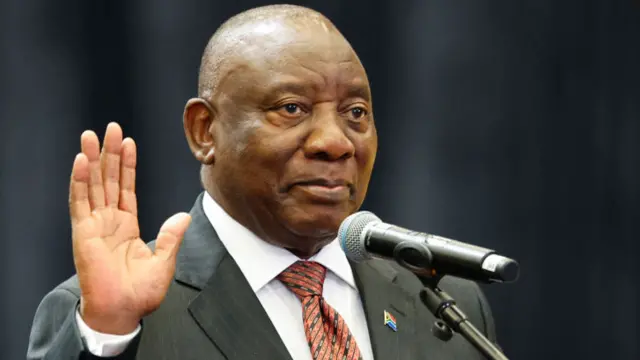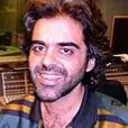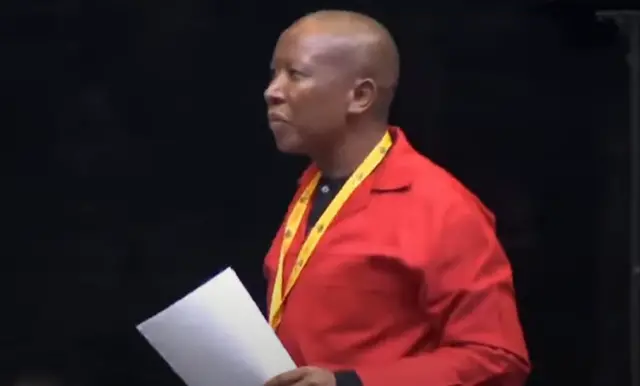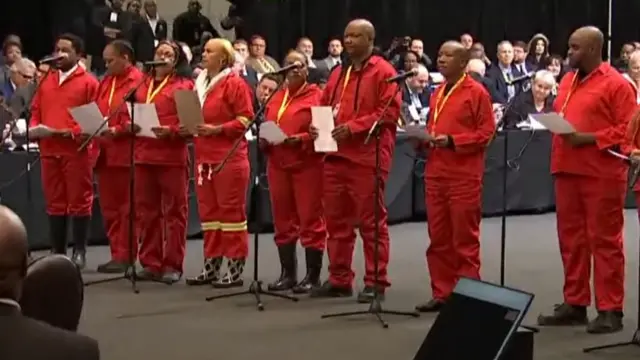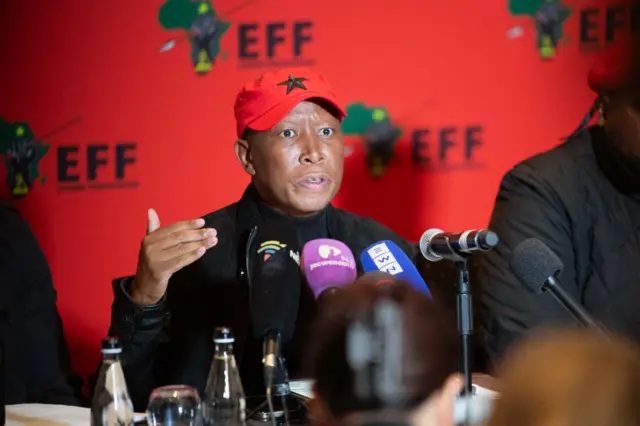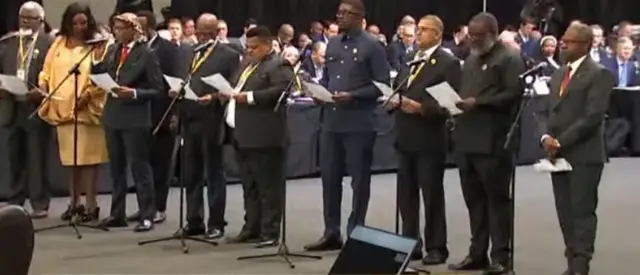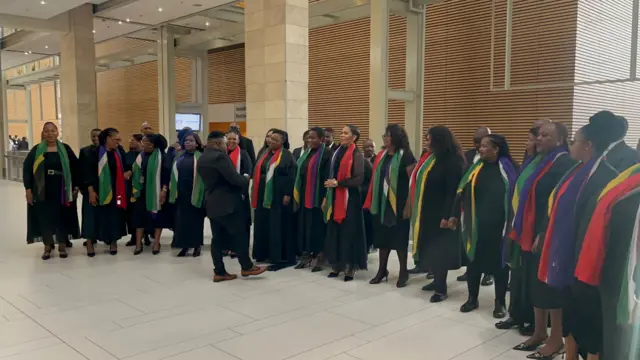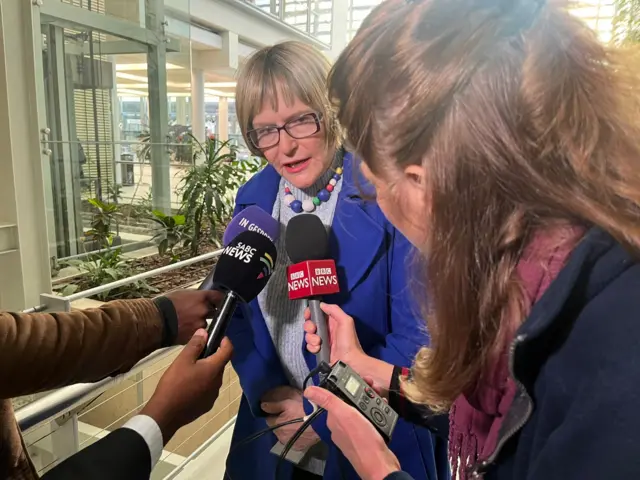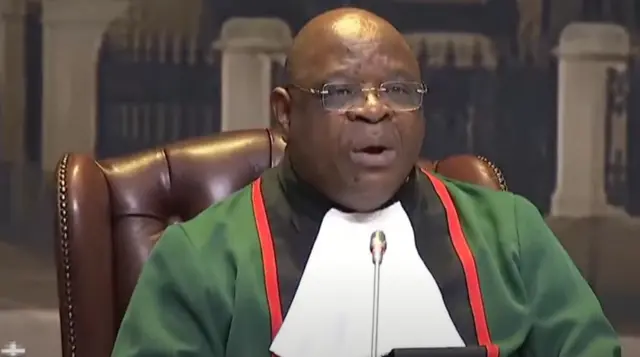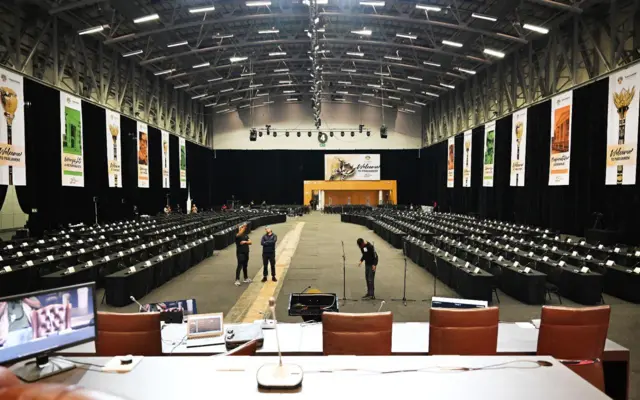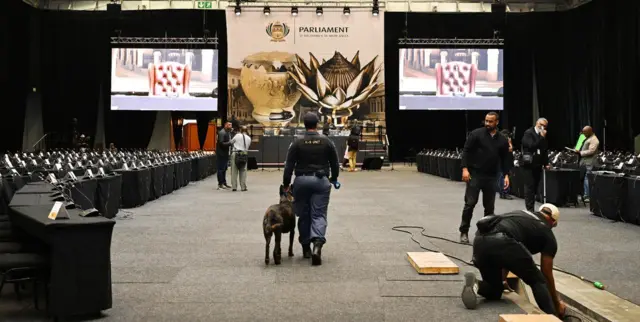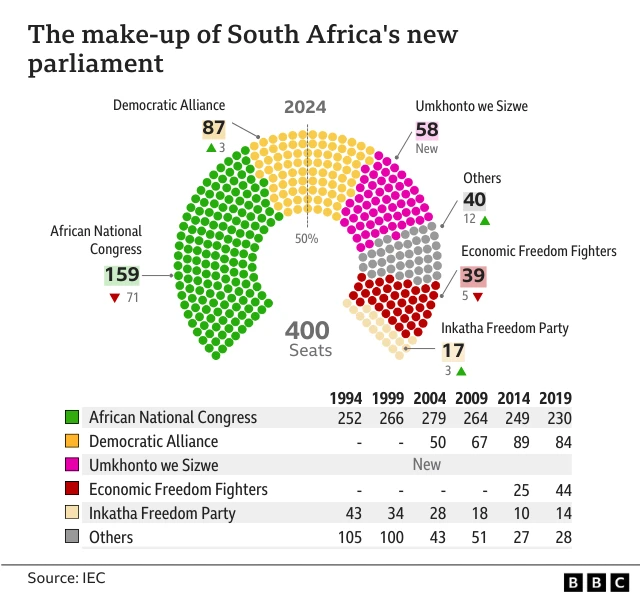How the speaker will be electedpublished at 11:21 BST 14 June 2024
According to the rules, Chief Justice Zondo will soon call for the nomination of candidates for speaker of the National Assembly.
If only one valid nomination is received, Zondo will declare the nominated candidate elected.
But if more than one valid nomination is received, a vote by secret ballot is called.
Once the result is known the speaker takes the chair and presides over the election of their deputy.
The speaker is a key position in managing what happens in the National Assembly.
